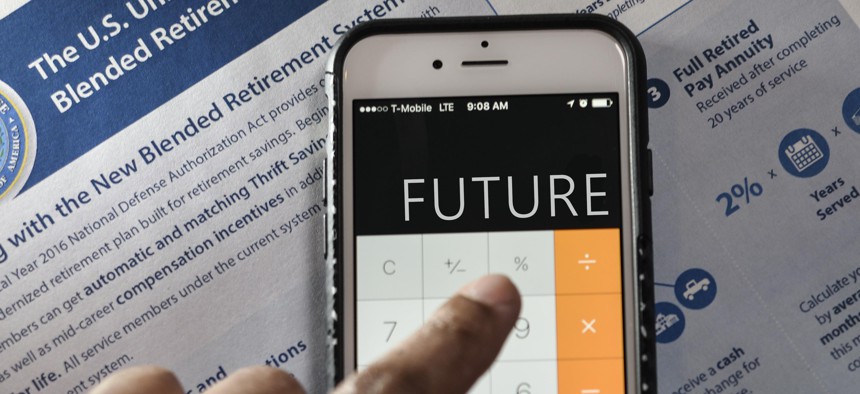
301st Fighter Wing
Best Dates to Retire 2019
Your annual guide to picking a day to leave that maximizes your benefits.
Download the Best Dates to Retire 2019 Calendar
It’s time for our annual look ahead at the best dates to retire in the next year. As always, your retirement coverage under the Civil Service Retirement System (including CSRS Offset) or the Federal Employees Retirement System (including transfers to FERS) will be an important factor in choosing the best date.
CSRS
Some of the best dates to retire for CSRS employees occur when the end of the month (or one of the first three days of the month) coincides with the end of a leave period. This allows a final leave accrual (remember, annual leave is paid in a lump sum after you separate) and also ensures that the day after your separation is the first day you begin accruing CSRS retirement benefits.
The best dates for CSRS in 2019 that will allow a retirement at the end of the month (or within the first three days of a month) and also at or near the end of a leave period will be Jan. 3, Feb. 1, March 1, March 30, Aug. 2, and Aug. 31. Jan. 3, 2020, would also work, because it’s within the 2019 leave year.
The following dates would also work for CSRS, but would not earn a final leave accrual since they are not at the end of a pay period: May 3, May 31, June 30, July 3, Sept. 3, Oct. 3, Oct. 31, Nov. 1, Nov. 30, and Dec. 3.
FERS
All immediate, optional FERS retirement benefits start the first day following the month of retirement. This means, for example, that regardless of whether you retire on Oct. 1, 2, 15, or 31, your first FERS retirement benefit will be paid on Dec. 1 for the month of November. Your salary will cease on the last day of your federal employment. If your goal is to have your retirement benefit begin in October, then Sept. 30 would be the best date for you. FERS employees should focus on choosing a date at the end of the month, even if it is a Saturday or a Sunday, since these days can be included in the computation of service credit.
Retiring at the end of a leave period can be good, even though your salary will stop on that date and your retirement won’t start until the first day of the following month. This is because you will be paid your salary for the days that you worked during that last month, which could be more valuable than the retirement benefit you would forfeit. Because the benefit is computed very differently under FERS than CSRS, be sure to consider the tradeoff of salary for retirement benefit when you are choosing an end-of-leave-period retirement date that isn’t near the end of the month.
Also, remember that your payroll office pays your salary two weeks behind and the Office of Personnel Management may take a few months to process your retirement application. So your first retirement payment may not arrive on the first day of the month. You may receive several interim retirement payments from OPM until your claim is finalized and monthly payments begin.
Leave Considerations
Is it important to you to receive a large lump sum payout of your annual leave? If the answer is yes, the end of the leave year is the time to plan your departure. FERS employees who have a substantial amount of creditable service would benefit from a Dec. 31, 2018 or Dec. 31, 2019 departure and CSRS employees might choose Jan. 3, 2019 or Jan. 3, 2020. Although this won’t be the end of the leave year, it will allow 25 leave accruals and receipt of your first retirement benefit for the month of January (payable on Feb. 1).
If maximizing your lump sum annual leave payout is not that important to you, then remember you will be paid for your accumulated and accrued annual leave regardless of the exact date you retire.
Are you ready to explore some specific dates in 2019? Follow the link below to download the calendar.
Download the Best Dates to Retire 2019 Calendar
For more best dates discussion, tune into Monday’s For Your Benefit radio program on Federal News Radio. Bob Leins, Mike Causey and I will talk about more factors to consider when choosing your retirement date. Bob, an accountant, is the show’s host and he will bring tax considerations into the discussion. Mike Causey, legendary journalist on federal retirement planning issues, and I will share how the idea of the best date to retire got its start almost 30 years ago.







